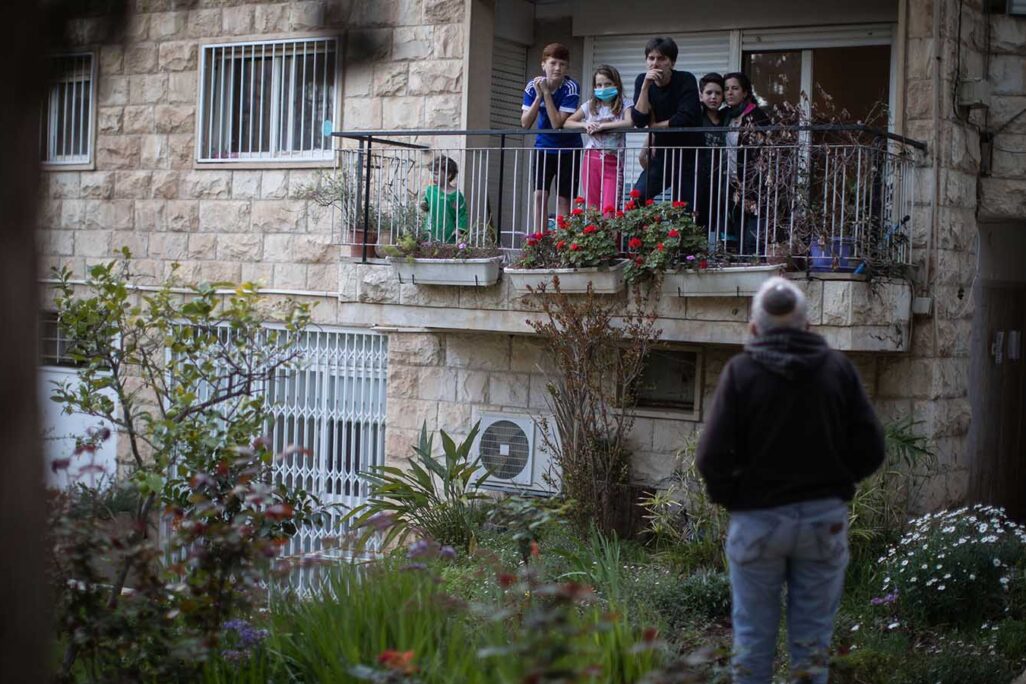
Last week saw the expiration of a government compensation program put in place last March, that would subsidize pay for workers in quarantine. Without an extension or an introduction of a new plan, workers needing to self isolate will no longer receive financial support, starting this November.
If people can’t sustain themselves while in isolation, they’ll find ways around the rules"
With over a million workers having entered into quarantine since the pandemic began in March, and many more expected to isolate in coming months, Israeli unions have demanded a reintroduction of the program. Last week, the Histadrut made an ultimatum, threatening to strike unless the government renewed the subsidies.
In a hearing held yesterday, Israel's Finance Committee failed to reach an agreement regarding the compensation, and is expected to meet again on Sunday to vote on an alternative program. Head of the Finance Committee MK Haim Katz has proposed a new scheme which would ensure full pay for workers starting on the second day of isolation, with the government compensating larger businesses for 50 percent of wages, and 75 percent for small businesses.
“I will not stand by as the government abandons Israeli workers,” said Histadrut Chairman Arnon Bar David.
"The best way to ensure compliance is by offering financial support"
A recent study published by the Gertner Institute, an Israeli epidemiology research center, revealed a direct link between the level of compensation offered by the government and the public’s compliance with orders to quarantine. According to a survey conducted as part of the study, only 64 percent of Israelis would be willing to self isolate if they were offered no compensation by the government.

“If the government stops the compensation plan without offering an alternative, the immediate effect will be a fall both in the number of people getting tested and the number of people reporting symptoms,” Dr. Moran Bodes, who headed the study, told Davar.
The research also found a strong link between the income level and the willingness to isolate without compensation. According to the survey, 27 percent of households with a lower than average income would not comply with quarantine without compensation, compared to 16 percent among households with higher than average income.
“If people can’t sustain themselves while in isolation, they’ll find ways around the rules,” said Bodes. “If we reach a point where people have to decide whether to comply with the law or feed their families, a lot of people are going to break the law. The best way to ensure compliance is by offering financial support.”
“This is true for quarantine, but also for all the other forms of restriction. As soon as people have to break the law to survive, that’s what they’ll do,” he added.
Dr. Bodes’ research shows that the lack of compensation also erodes the public’s trust in government, which in turn adds to the tendency to disregard quarantine rules. “The second wave of COVID-19 was worse than the first wave in that respect,” said Bodes. “You’d have thought that the public would be more eager to comply after seeing the effects of the virus, but in reality, the opposite is true.”
In fact, Bodes’ study found that the number of Israelis who would be willing to quarantine without compensation has been falling in recent months. In March, 71 percent of Israelis said they would quarantine without compensation, but that number fell to 64 percent in August.
Bodes also found a low number of Israelis who would be prepared to report cases of neighbors or friends breaking isolation rules. In August, the number of people who would be prepared to report fell to 51 percent, down from 67 percent in March.






